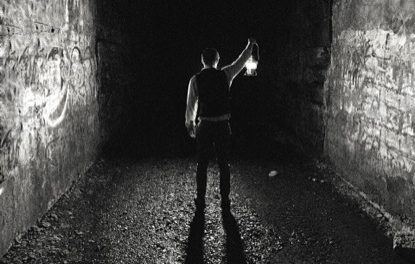How does a Catholic moral theologian welcome Pope Francis to her country from across the globe? Since I am not in the US, I decided to Welcome the Holy Father by writing op-eds. I hope that you enjoy them.

Over at Al Jazeera America, Let’s welcome Pope Francis by rejecting unbridled capitalism
U.S. leaders like to trumpet the successes of American capitalism and entrepreneurial spirit. Many commentators have tried to absolve the U.S. from the Pope’s harsh critiques, suggesting that he doesn’t understand American capitalism or he’s referring to crony capitalism elsewhere.
However, these rationalizations blind us to the dark side of capitalism in which, in Pope Francis’ own words, “masses of people find themselves excluded and marginalized: without work, without possibilities, without any means of escape.”
Unbridled capitalism places profits over people. The accumulation of extreme wealth it funnels into the hands of few elites is built at the expense of the majority. It becomes difficult to create bonds of community and solidarity in an environment of greater the inequality between rich and poor. Those living in poverty become invisible or dismissed as the problem.
Pope Francis has highlighted homelessness to distinguish capitalism’s throwaway culture from one of solidarity. The Vatican’s outreach in Rome to the homeless includes building showers, a shelter, handing out sleeping bagsand inviting them to dinner in the Sistine Chapel. In Catholic social teaching, a society is measured by how it treats those who are most vulnerable. Persons suffering from homelessness live in a perpetual state of vulnerability.
Many American cities, however, seem to have taken the opposite approach to homelessness…click over to Al Jazeera America for more.
And if you missed it, last week the NY Times Room for Debate: How Radical is Pope Francis? Check out my thoughts along with others.
Urging all Christians to say “no to the economy of exclusion,” Francis attacked the idolatry of money and trickle-down economic theory, and identified “inequality as the root of all social ills.”
Francis is not interested in judging the economy from the perspective of the rich. Following the Gospel, he challenges capitalism from the perspective of its victims. A radical identification with the marginalized permeates all aspects of this papacy. The most important element of any papal trip is not with the political leaders but with the poor, with prisoners or migrants.



